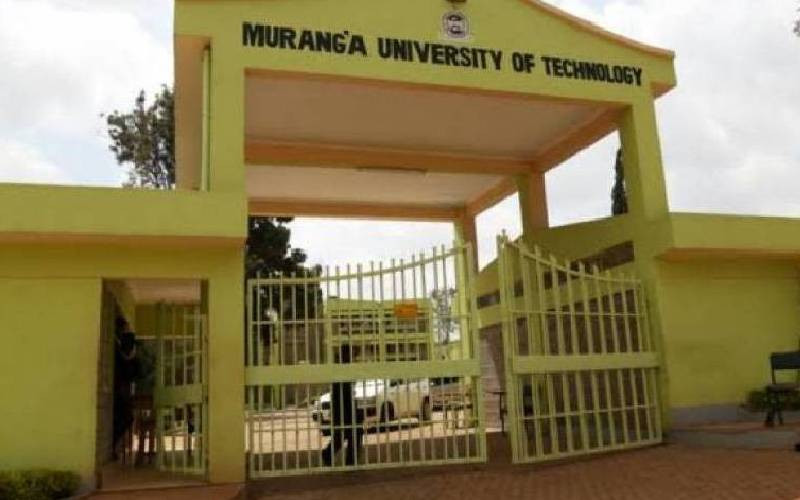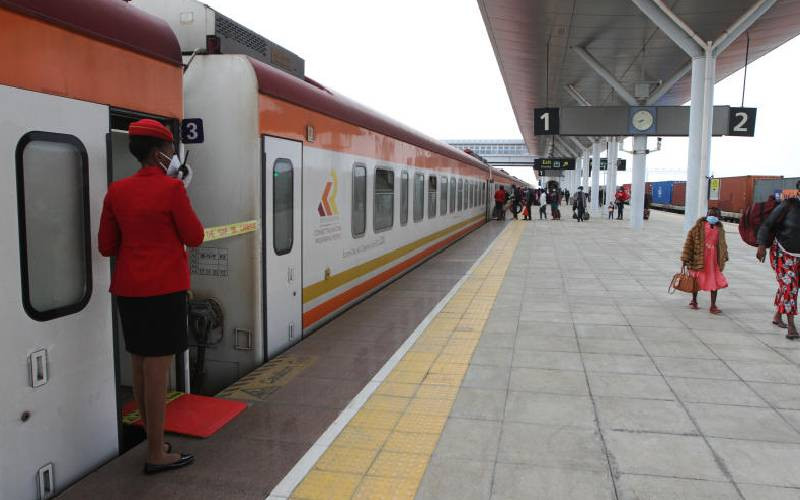×
The Standard e-Paper
Home To Bold Columnists
China's telecom authority on Friday granted 4G licenses to two operators.
China Telecom and China Unicom were permitted to offer services based on LTE FDD technology after large-scale testing since last June, according to the Ministry of Industry and Information Technology (MIIT).







